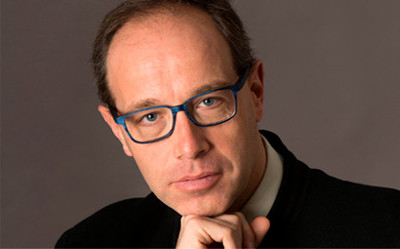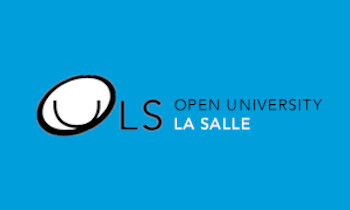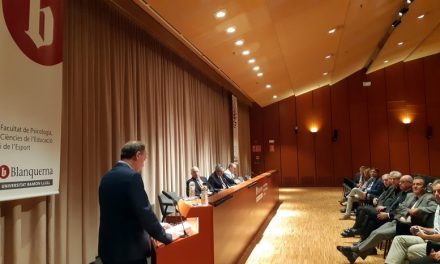Francesc Torralba, full academician of the Royal European Academy of Doctors-Barcelona 1914 (RAED), will participate in the International Seminar “New challenges for Law: human dignity, trans-humanism and new technologies”, to be held at the Law School of Harvard University on June 22. The academician will intervene with the work “Dignity: a philosophical approach”.
The sessions are organized by the Studies on Life and Human Dignity of the Royal Complutense College at Harvard University, established at the prestigious American university three decades ago, and have the collaboration of the Criminal Justice Policy Program of the Faculty of Law of the Harvard University, the Tatiana Pérez de Guzmán el Bueno Foundation and the Tirant lo Blanc publishing house.

Dr. Francesc Torralba
With a large group of specialists from the North American and European academic world, the seminar addresses in depth one of the great challenges of the West: respect for human dignity at the end of life and the limits of power available to each person with respect to their own existence. “The objective of this international seminar is to contribute new ideas to the contemporary debate on human dignity in life and death in Europe and America in the 20th and 21st centuries -the organizers explain-. For which it’s necessary to analyse the philosophical principles and the historical events that have helped to shape current views on issues such as human dignity, the death penalty, euthanasia, human improvement or technological uniqueness, as well as their treatment by public opinion in Western countries” .
The seminar is aimed at professors, students and graduates in Law and Medicine at Harvard University. Its organizing committee is formed by José Manuel Martínez Sierra, director of the Royal Complutense College at Harvard University; Jane Driver, professor at the Faculty of Medicine of Harvard University; José Miguel Serrano, professor at the Faculty of Biological Sciences of the Complutense University of Madrid; Melissa Moschella, professor at Columbia University School of Medicine; Santiago Cañamares, professor at the Faculty of Law at the Complutense University of Madrid, and María Luisa Gómez, professor at the Faculty of Geography at the University of Málaga.




